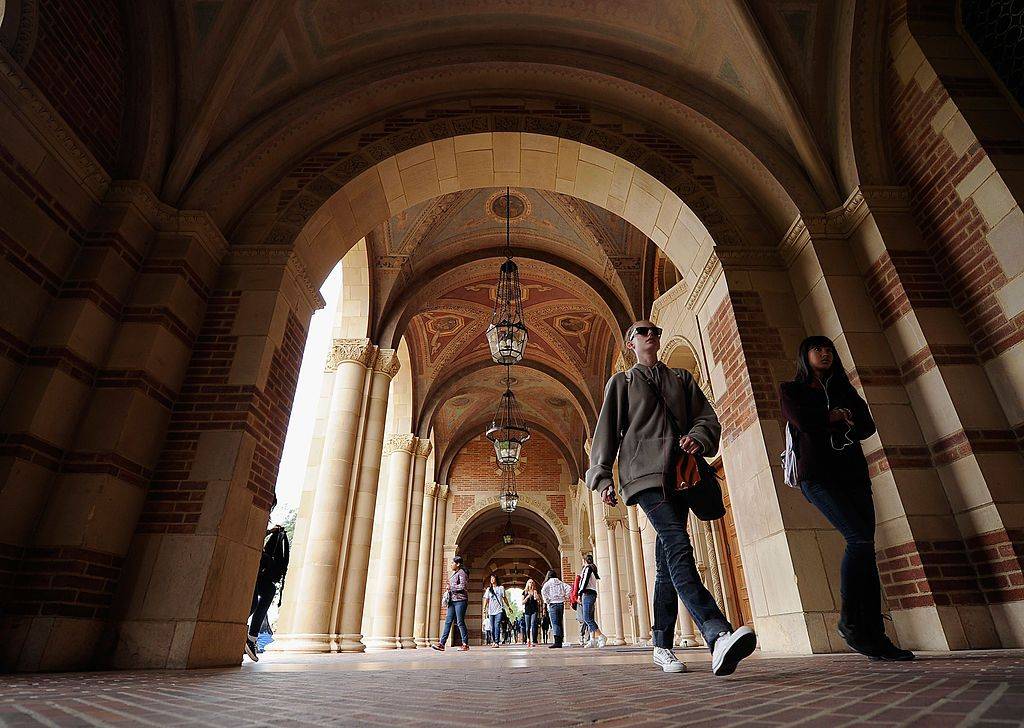The issue of college admissions in the United States is once again in the news. President Donald Trump’s Justice Department has alleged that Yale University’s use of race as a criterion for undergraduate admissions violates civil rights law. The accusation is sure to provoke lots of bitter ideological and partisan argument, and it will eventually have to be resolved by the courts.
But it also offers us an occasion to think carefully about the purpose of college admissions — what ought to determine who gets into top schools, and what actually does determine it. There’s much that’s unfair about the process, and the pandemic will only make that unfairness more acute.
Many people seem to assume it’s fair for colleges to choose students based on abilities. But does society really gain from showering educational resources on those who are already good at school? And to the extent college is about networking, it seems counterproductive to have all the most capable people hang out and form friendships and marriages with all the other most capable people. Finally, there’s no guarantee educational resources translate into workplace productivity; it’s possible elite colleges funnel the nation’s best and brightest toward occupations such as finance and consulting, where they add less value.



















With your current subscription plan you can comment on stories. However, before writing your first comment, please create a display name in the Profile section of your subscriber account page.